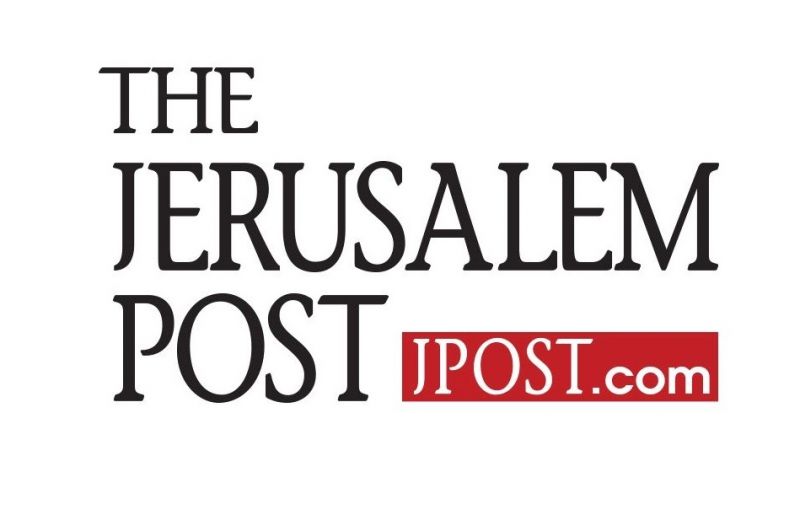 Op-eds
/ The Israeli-Palestinian Peace Process
Op-eds
/ The Israeli-Palestinian Peace Process
The Quartet Report was widely criticized by both Israelis and Palestinians, but apart from the responses of a number Israeli and Palestinian officials, has yet to make any waves in the public discourse.
The report was supposed to be the peak of the Quartet’s (United Nations, United States, European Union and Russia) reinvigoration process, that included regular meetings and consultations with leading Arab states. This process also intended to convey the message that the international community has not yet lost interest in resolving the Israeli-Palestinian conflict.
The aim of the report was to indicate the obstacles that are preventing progress toward peace, and to formulate recommendations that will help create conditions to resume negotiations and maintain the feasibility of the two-state solution.
The Quartet Report of July 2016 is very different and much more modest than the Roadmap published by the Quartet in 2003. It focuses on the analysis of the current situation, and avoids addressing terms of reference for a final-status agreement between Israel and the Palestinians.
The report expresses criticism of both sides: of the Palestinians, for the acts of violence and terrorism in the West Bank, amassing weapons, constructing tunnels and firing rockets from Gaza, and incitement in official media and social networks; of Israel, for continued settlement expansion, “legalizing” outposts, expropriation of land, withholding construction permits from Palestinians in the territories, and settler violence against Palestinians.
One notable achievement of the report is the ability of the Quarter members to agree on these issues, while presenting them in a rather harsh manner. This reflects the zone of agreement that exists on these issues among key players in the international arena. The final version of the report, however, is a softer version of the initial draft, and settles on presenting a snapshot of current reality without dealing with the deeper issues that led to the obstacles identified in the report.
The report is the product of a sort of academic learning process that included interviews with various people from both sides of the conflict. The data scattered throughout the report – numbers of settlers, expropriation of land, building permits, house demolitions – indicate that the drafters of the report were well versed in the facts on the ground. Based on acquired information, the report presents 10 recommendations, which do not go beyond being a wish list.
For example, both parties are asked to “work to de-escalate tensions by exercising restraint and refraining from provocative actions and rhetoric”; both parties are asked to “take all necessary steps to prevent violence and protect the lives and property of all civilians”; the Palestinian Authority (PA) is asked to “act decisively…to cease incitement to violence and strengthen ongoing efforts to combat terrorism”; while Israel is asked to “cease the policy of settlement construction and expansion, designating land for exclusive Israeli use, and denying Palestinian development.”
Moreover, the report calls for a unified, legitimate and democratic Palestinian government, and for Israelis and Palestinians to “foster a climate of tolerance” and promote cooperation in various fields. Yet, the question that the report does not answer is how to do all of this.
The report was written during the historic reality of a diplomatic standstill, lack of trust between Israel and the PA and the lack of recognition between Israel and Hamas and the PA and Hamas. In this situation, the report’s recommendations are expected to fall on deaf ears. The report should have suggested what could be done in this complex reality, as well as what the international community can and should do in the absence of any Israeli or Palestinian political will to move forward.
It was important that the drafters of the report positively referenced the Arab Peace Initiative and the French initiative. In a time when no negotiations between Israelis and Palestinian are taking place but there are several international initiatives on the table, it is essential for the international community to act in accordance and to produce initiatives that do not compete but rather complement one another. This will prevent Israelis and Palestinians from adopting the “divide and conquer” approach in relation to the various initiatives – i.e.
to accept the French initiative and reject the Quartet Report, or to reject the French initiative and accept an initiative for regional security cooperation.
Presumably, a more detailed Quartet Report would not have resulted in a breakthrough in the peace process.
As the well-known English idiom says, “you can lead a horse to water, but you can’t make it drink.” If the two sides do not want to act decisively to end the conflict, it just won’t happen. As this is the current situation, it seems as if the Quartet Report will join the long list of reports, documents and peace plans that failed to have an impact. But if and when the next round of Israeli-Palestinian violence occurs, the members of the Quartet will be able to say “we told you so.” They have successfully identified the existing obstacles and the roots of future tragedies.


